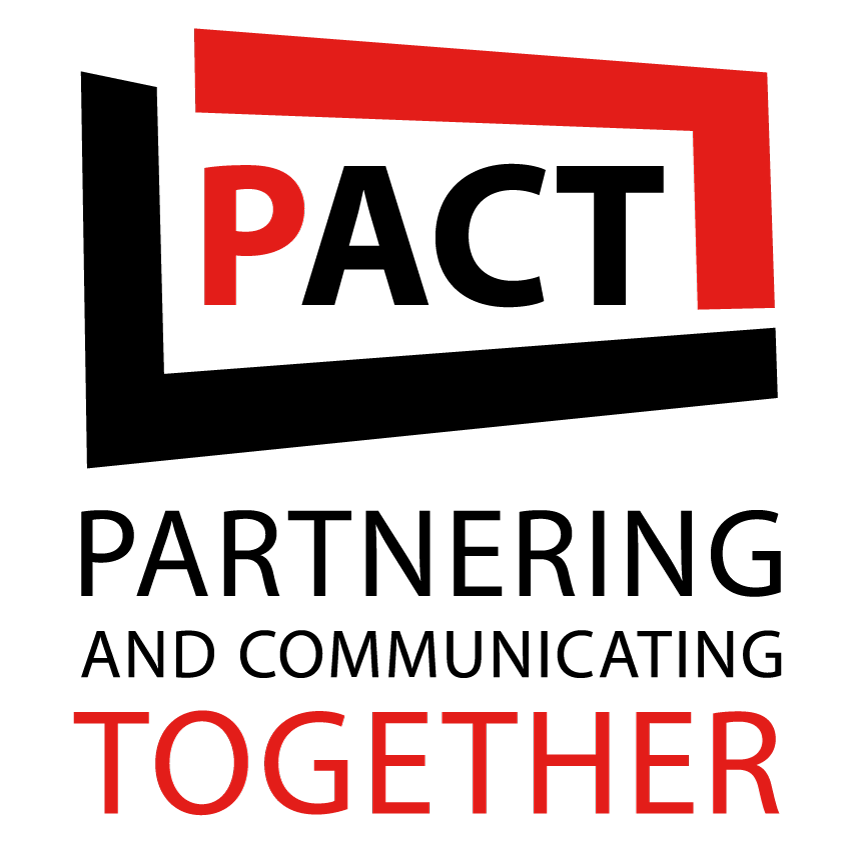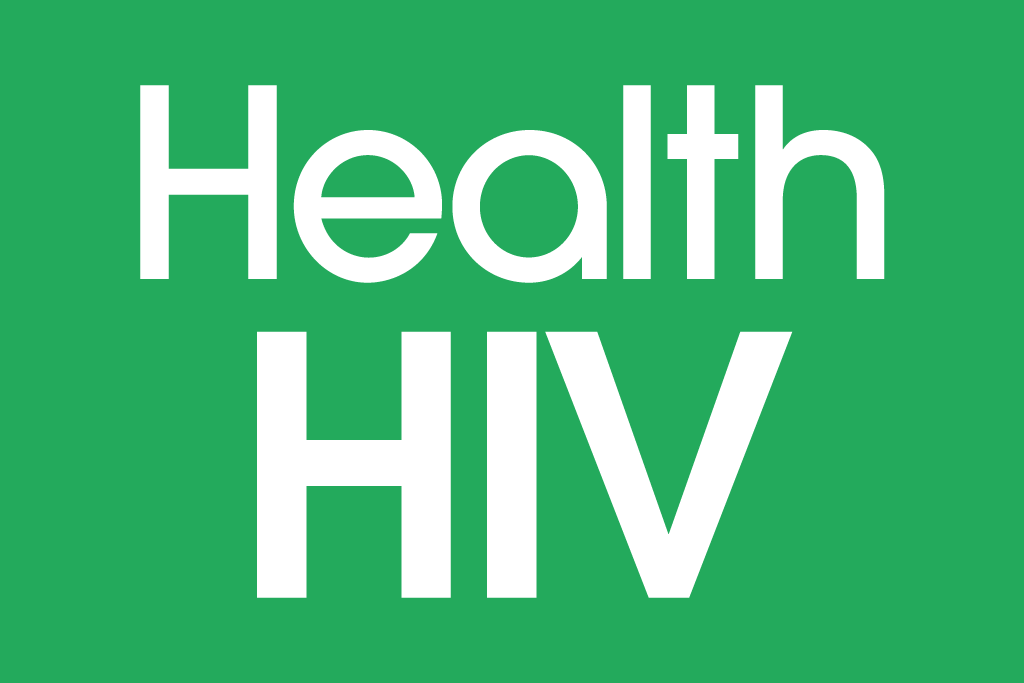Resources
It is unknown how the COVID-19 pandemic impacted traditional measures of retention in HIV care. This study calculated six different retention measures at an urban HIV care clinic for two time periods: pre-pandemic, and during the first year of the COVID-19 pandemic, with and without inclusion of telehealth appointments.
The purpose of the ESCALATE training program is to facilitate transformative and relational change in Ryan White HIV/AIDS Programs (RWHAP) and the communities they serve. This is a Glossary of commonly used terms under in the ESCALATE capacity-building initiative.
Preliminary results from an ongoing RWHAP clinic initiative to use text messaging as a re-engagement strategy to bring lost patients back to care, which may be a more manageable and possibly equally effective re-engagement strategy when compared to phone outreach.
Demonstration of how the development of a robust, HIV-specific retention module within a hospital’s the EHR (Epic) helped retention-in-care efforts and demonstrates how technology can be harnessed to retain patients in care, improve HIV care continuum outcomes, and help communities end the HIV epidemic.
Exploratory study to understand recruitment challenges faced by an HIV engagement in care project for Black women, incorporating constructs from the Consolidated Framework for Implementation Research.
Guided by the Exploration, Preparation, Implementation, and Sustainment and Reach, Effectiveness, Adoption, Implementation, and Maintenance frameworks, this study describes the key determinants for CHW integration and sustainability at 3 agencies in Shelby County, TN, to improve viral suppression and reduce disparities among rural and urban people living with HIV.
In this implementation project, an assessment was made of the data capacity of the health system to measure a cascade of care (COC) across HIV, HCV and OUD services in five states to help guide public health planning.
The Leveraging Housing Opportunities to Promote Retention in Care for People with HIV program in New York City offers three types of housing-related supportive services (rental assistance, housing placement assistance, or supportive permanent housing).
Intervention consisting of on-site buprenorphine treatment guided by an experienced HIV physician who is
trained to incorporate motivational interviewing techniques into routine medical visits to provide substance use behavior counseling.
“After my diagnosis, everything changed.”
Brandi Velasquez recounts her personal experiences with HIV and how it changed her life — leading to finding community and becoming an activist.
A 2014 blog on how a Ryan White HIV clinic negotiated with a health plan, with lessons learned for agencies seeking coverage for the new treatment long-acting injectables.
The COVID-19 pandemic has created increased need for telehealth appointments. To assess differences in appointment adherence for telehealth compared to in-person HIV medical care visits, this cross-sectional study was conducted of patients receiving HIV care in a safety-net hospital-based outpatient infectious disease clinic in a large urban area.



